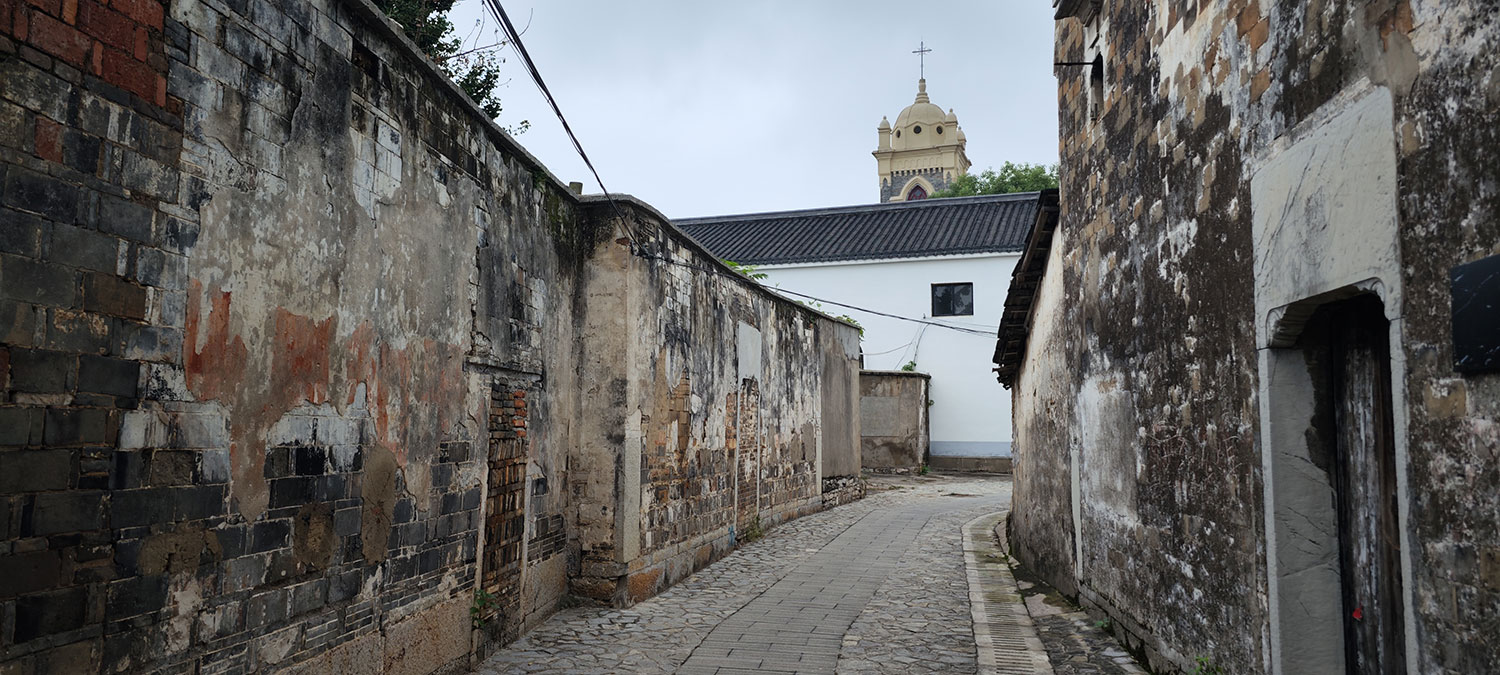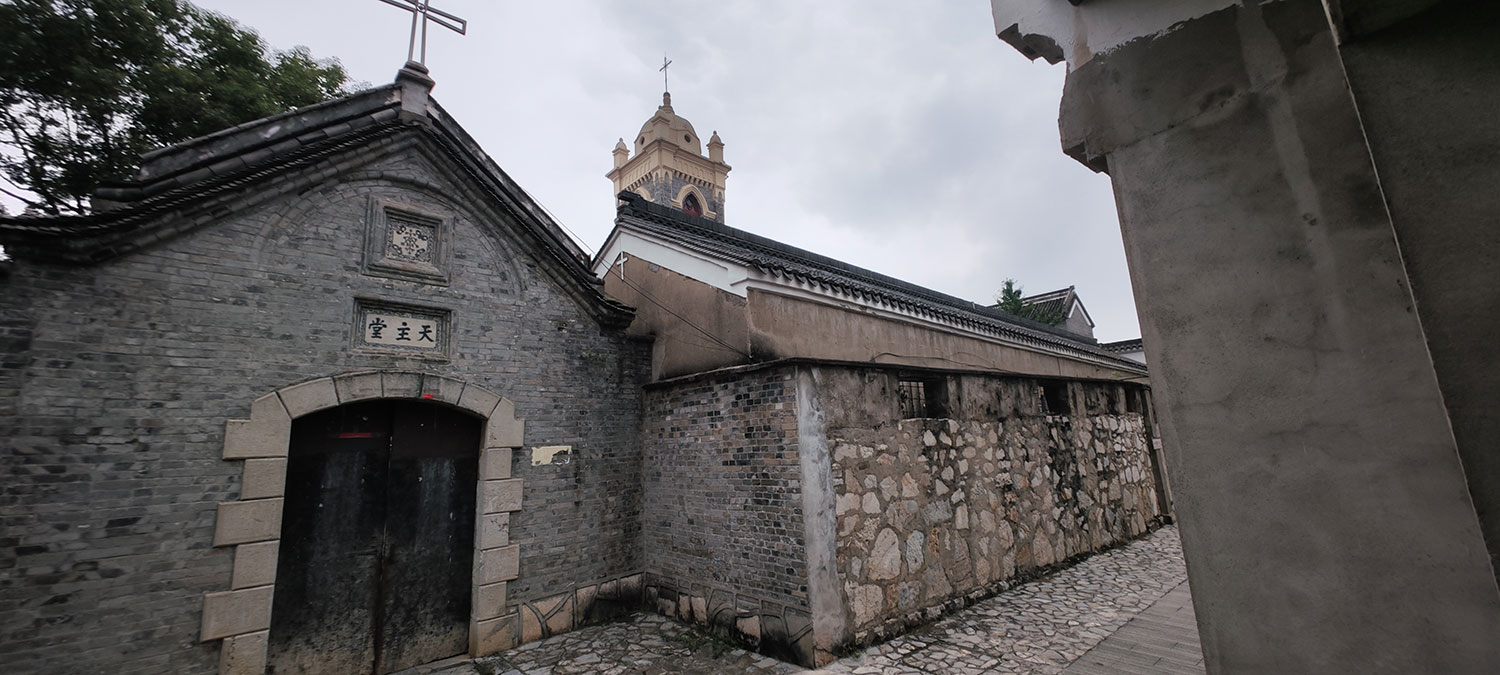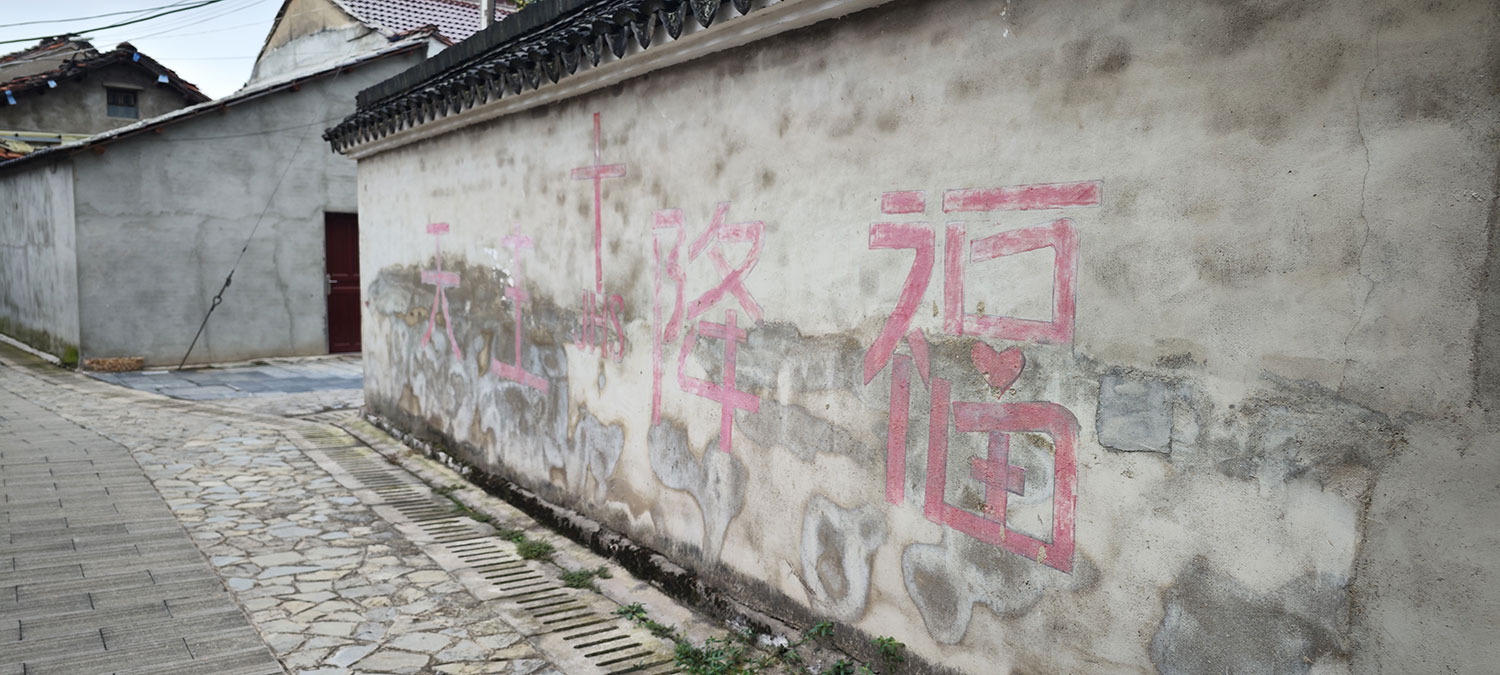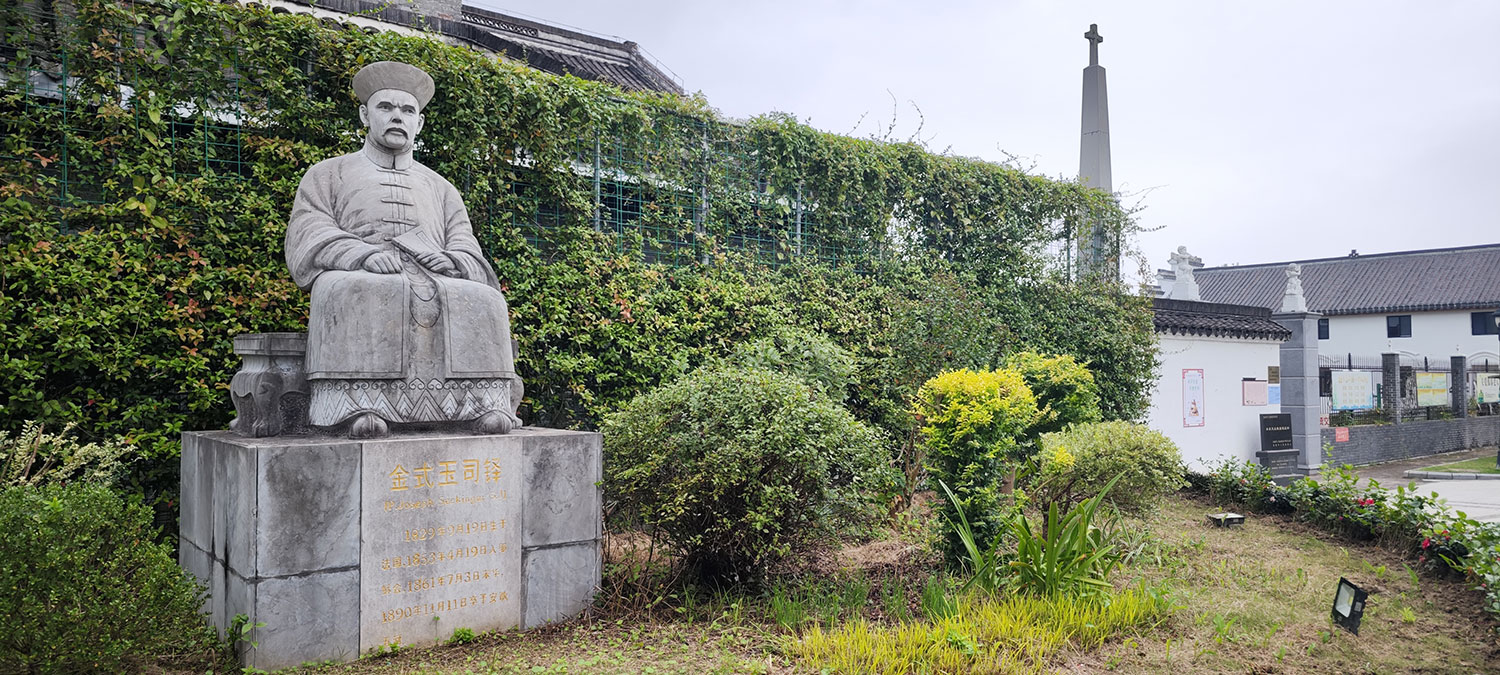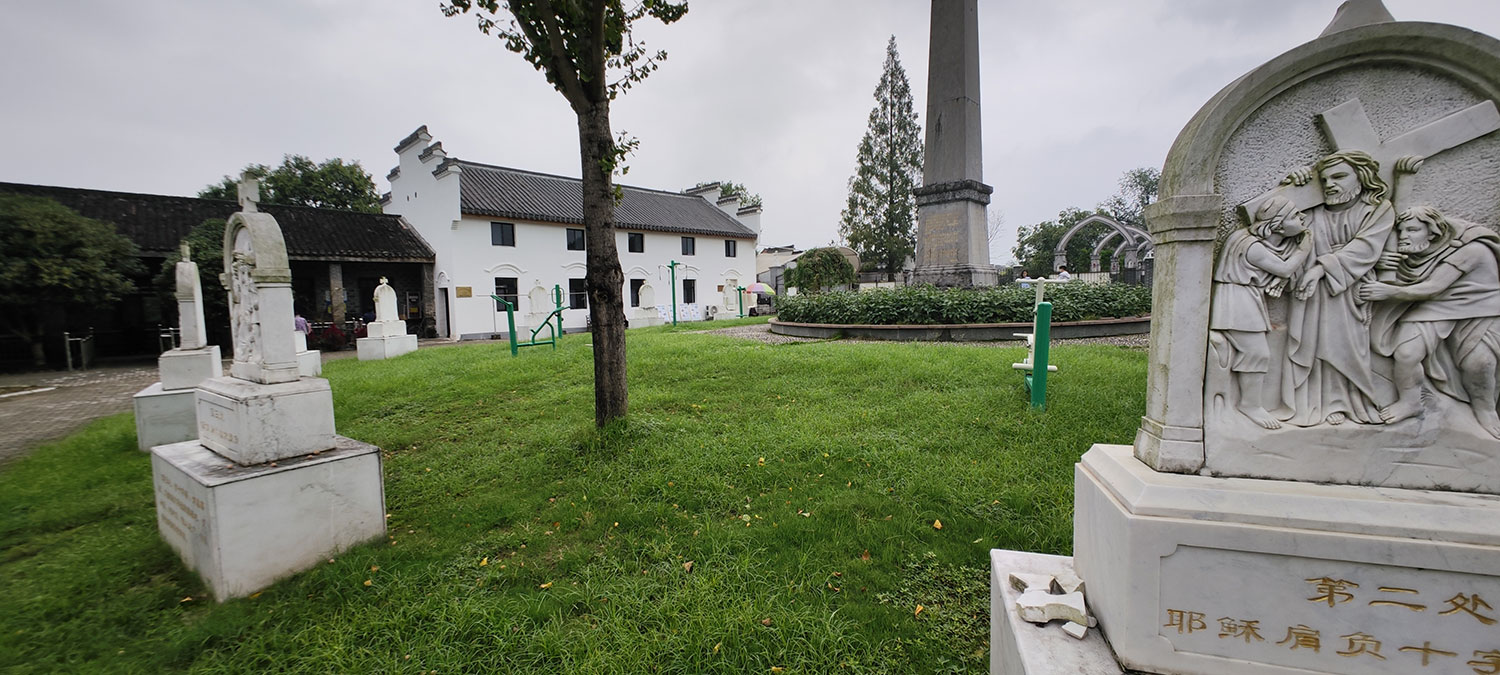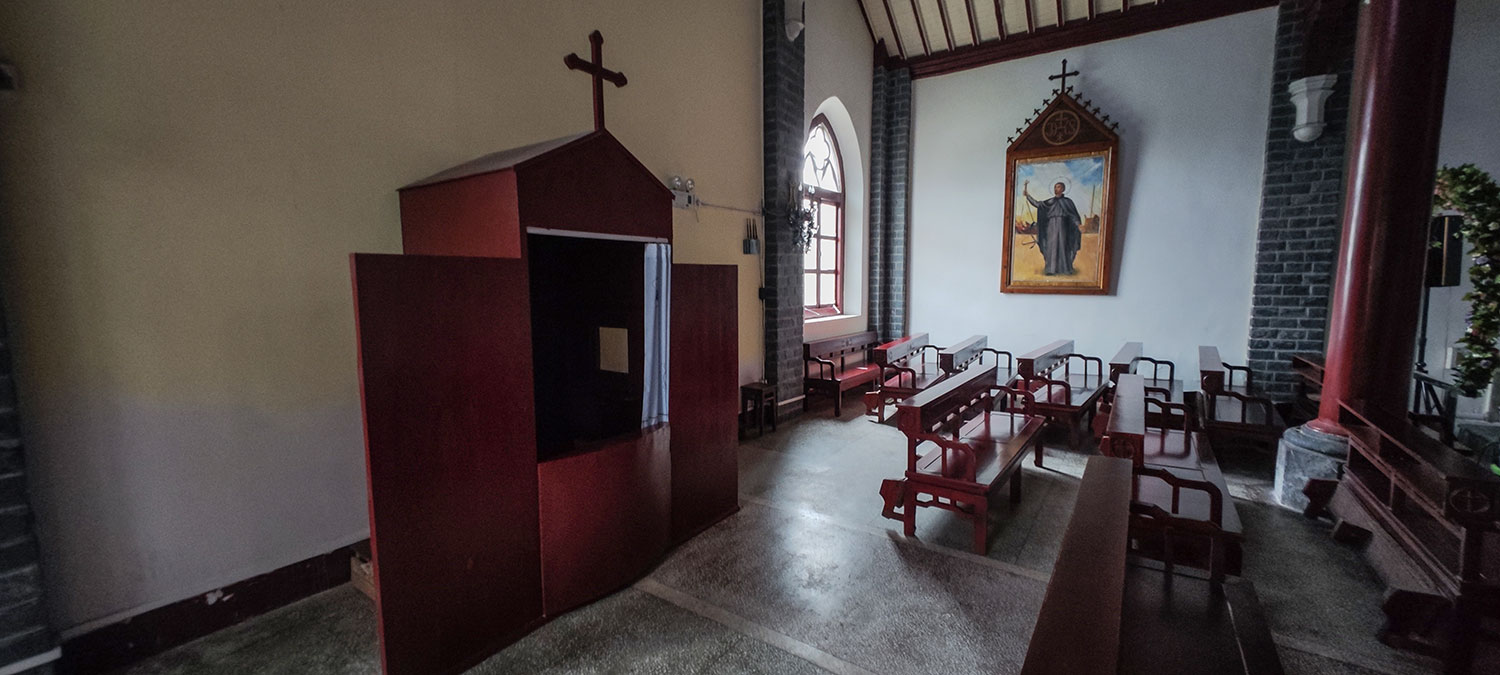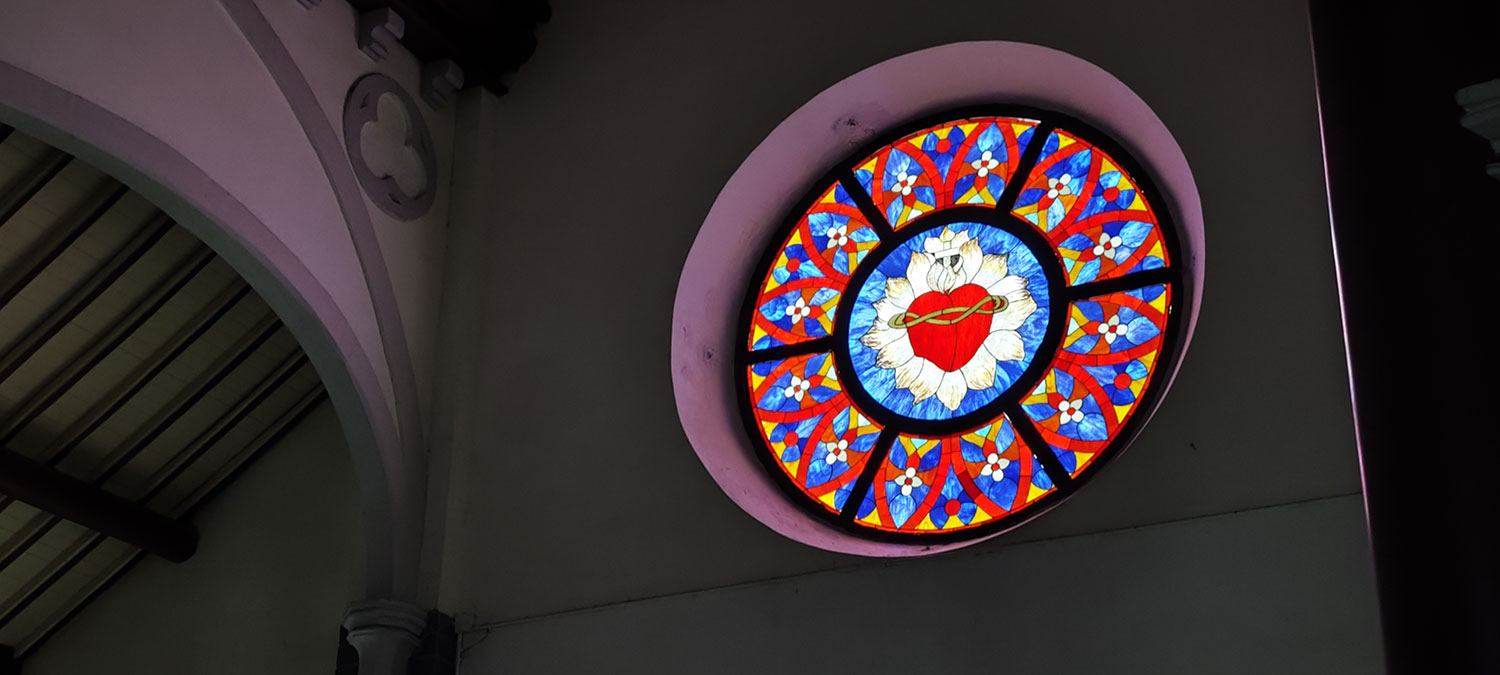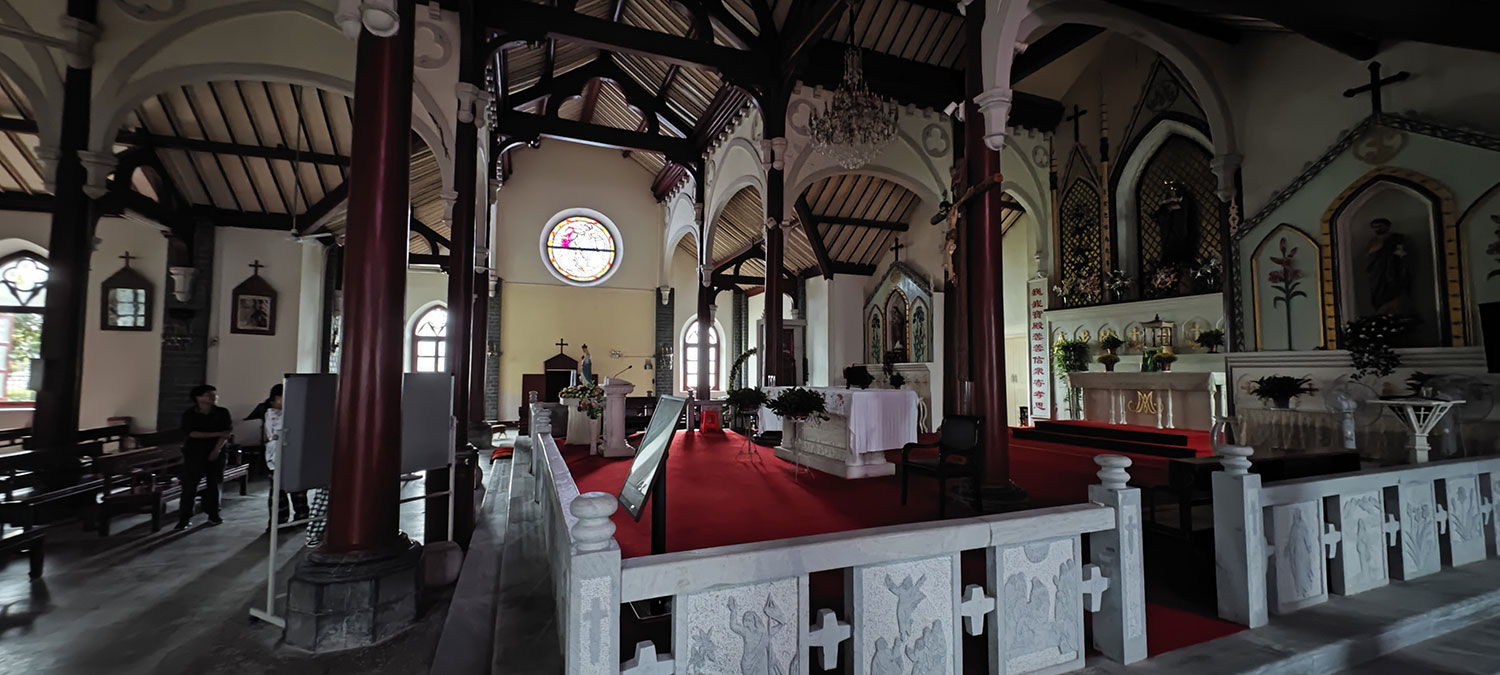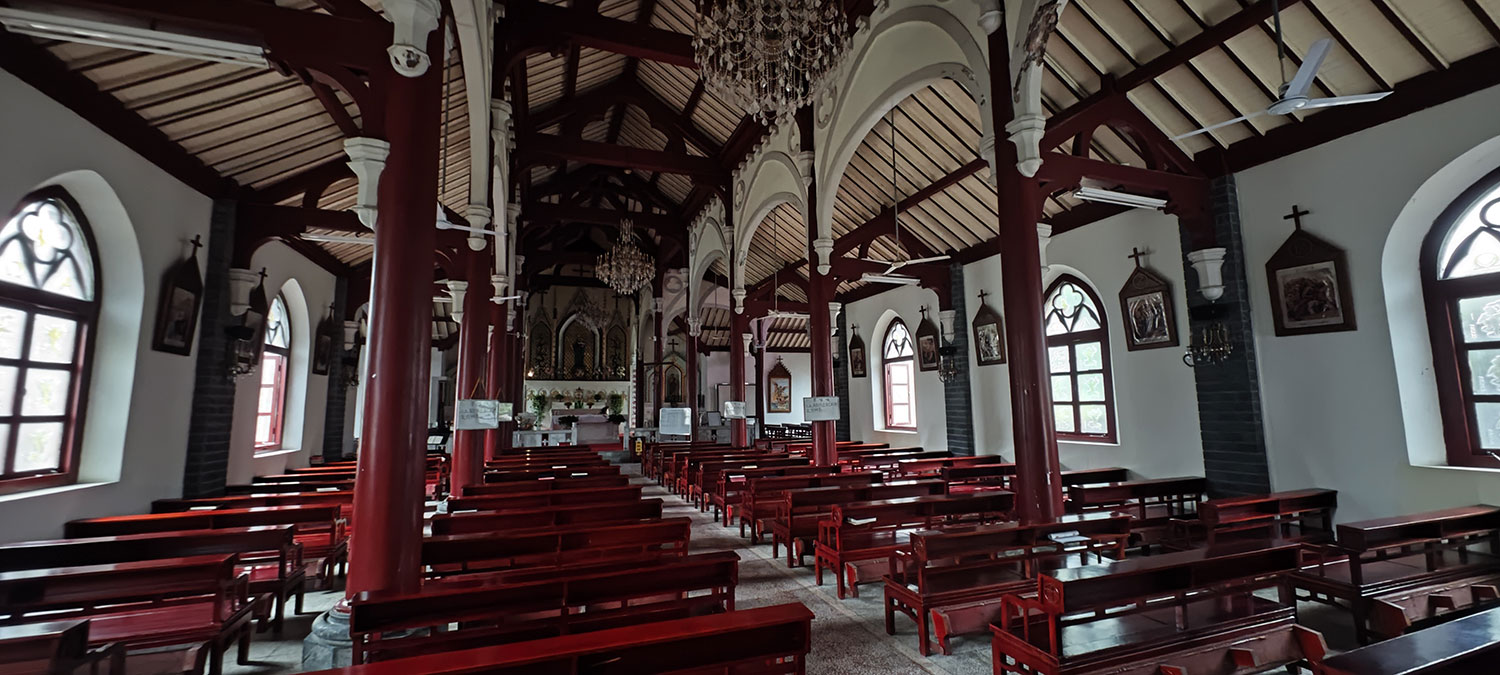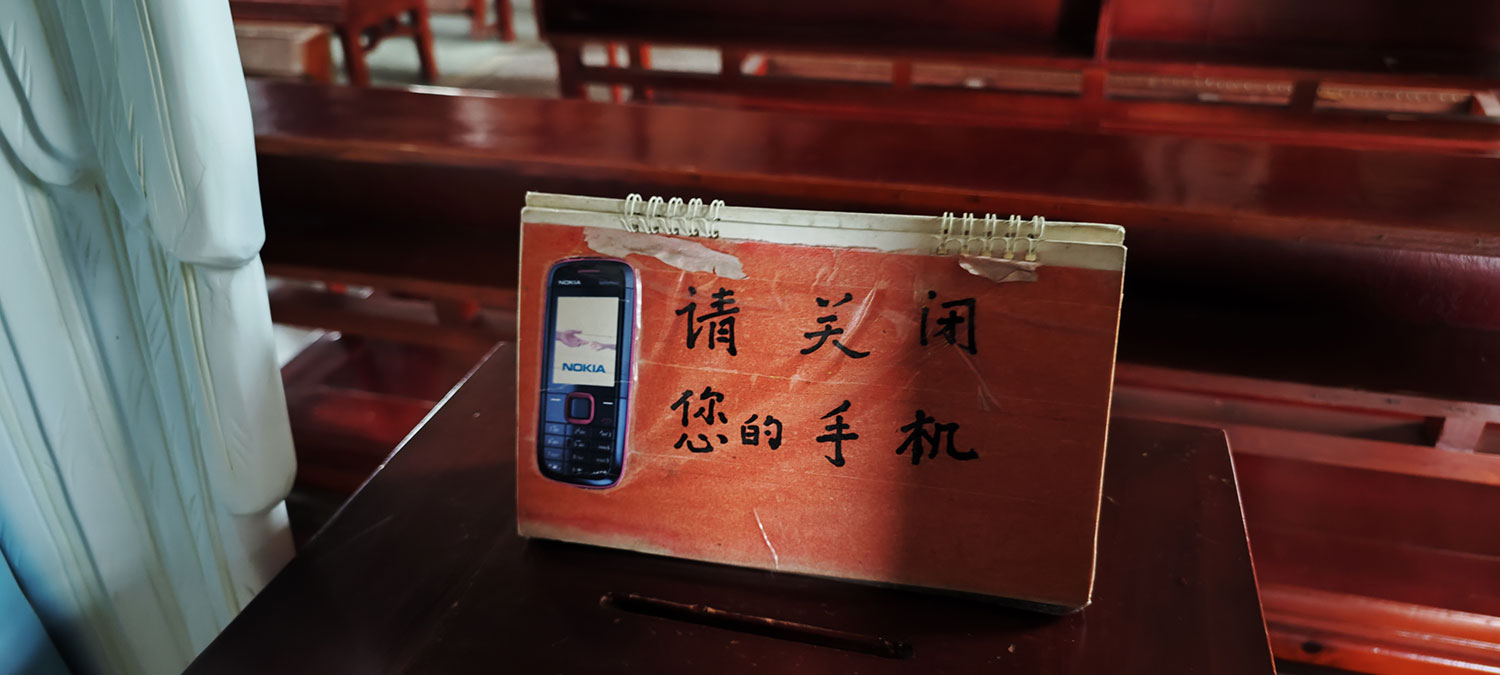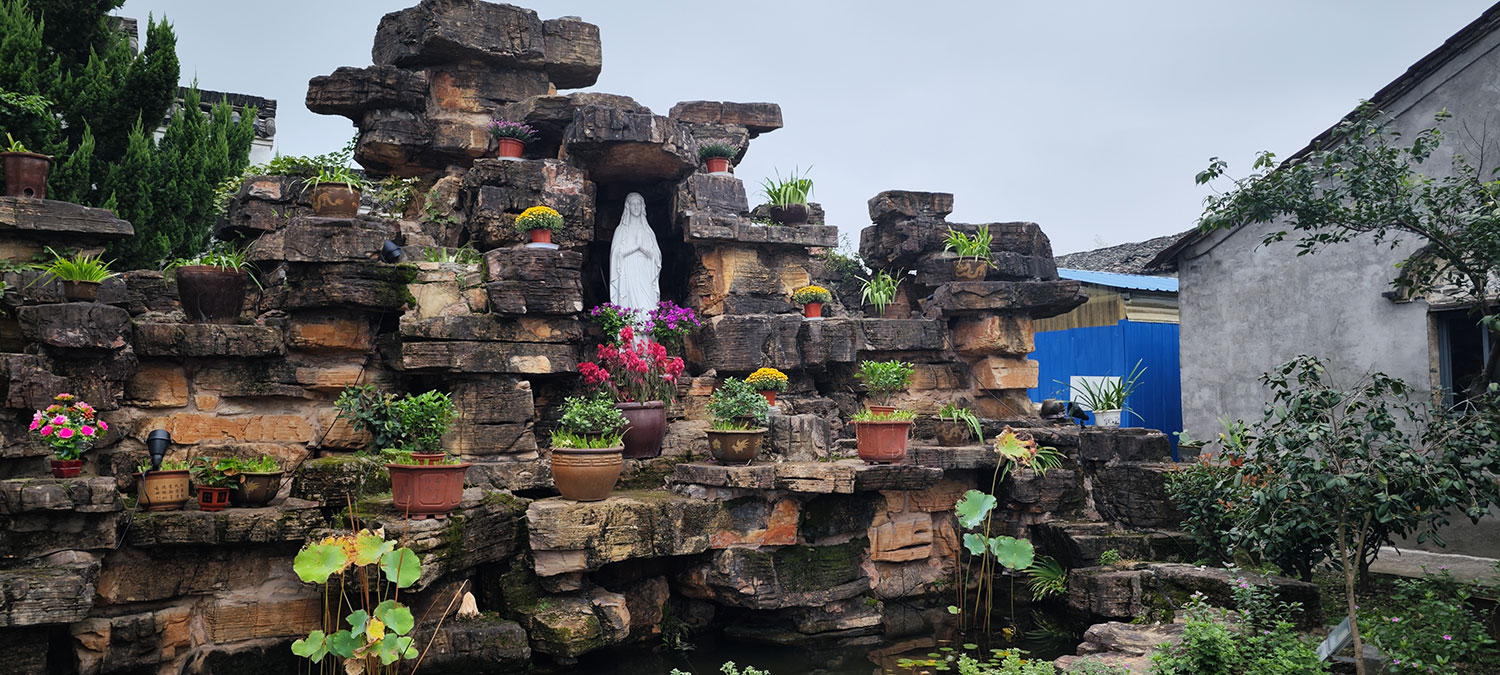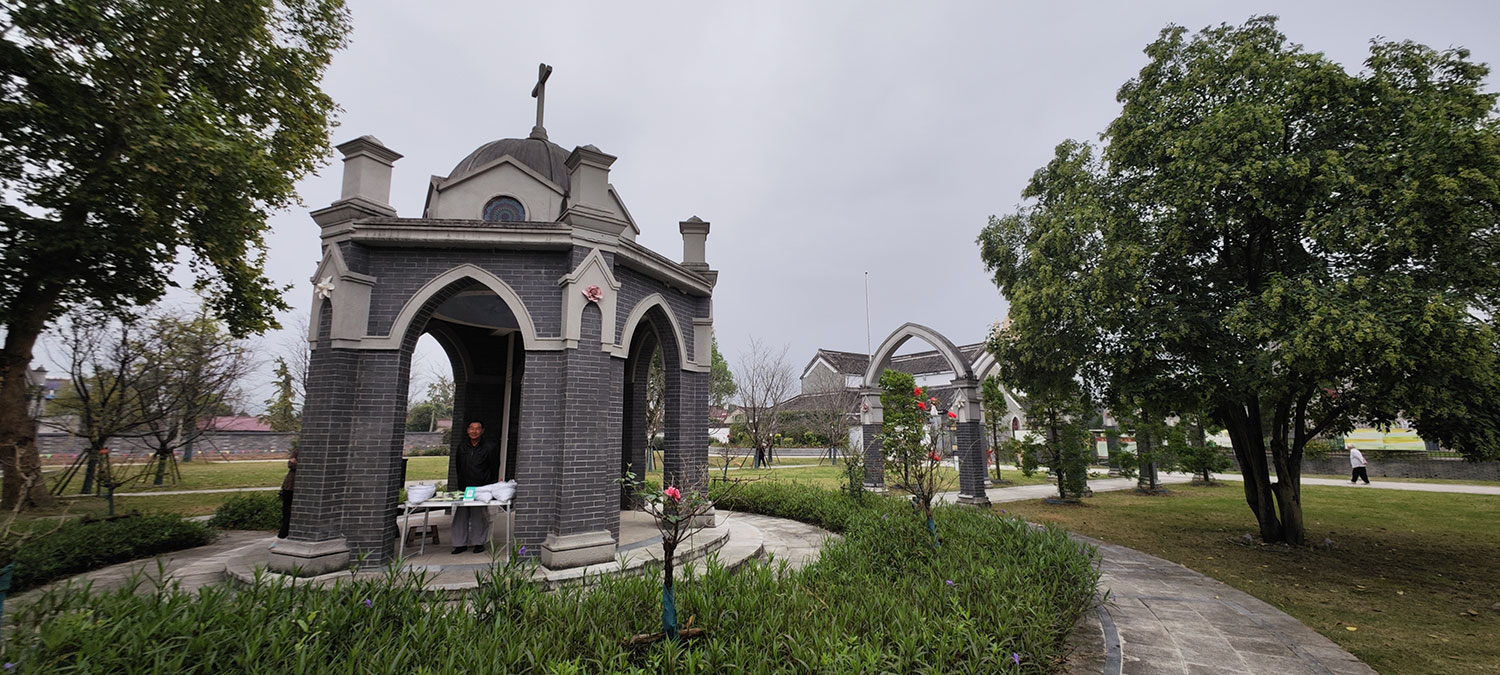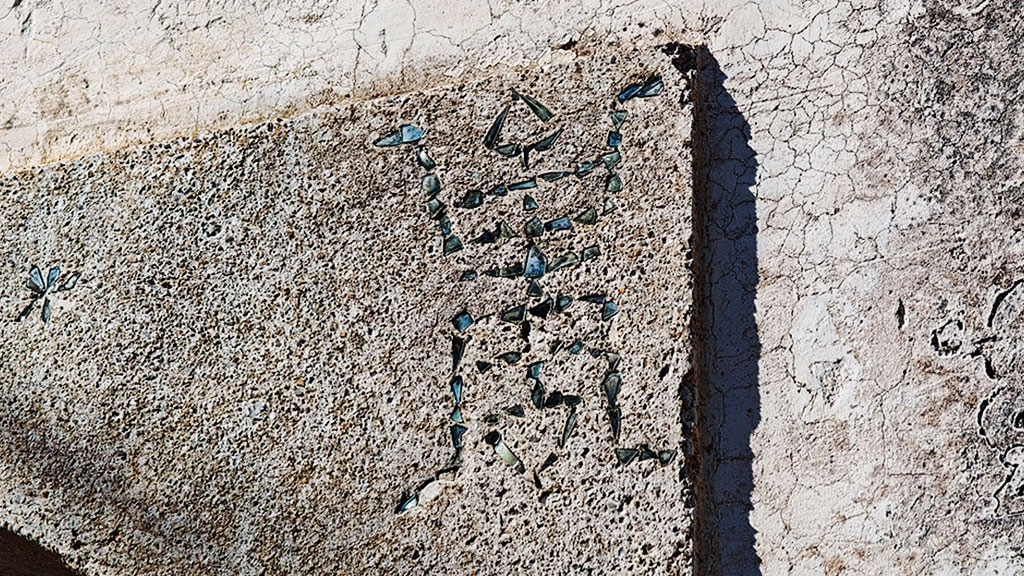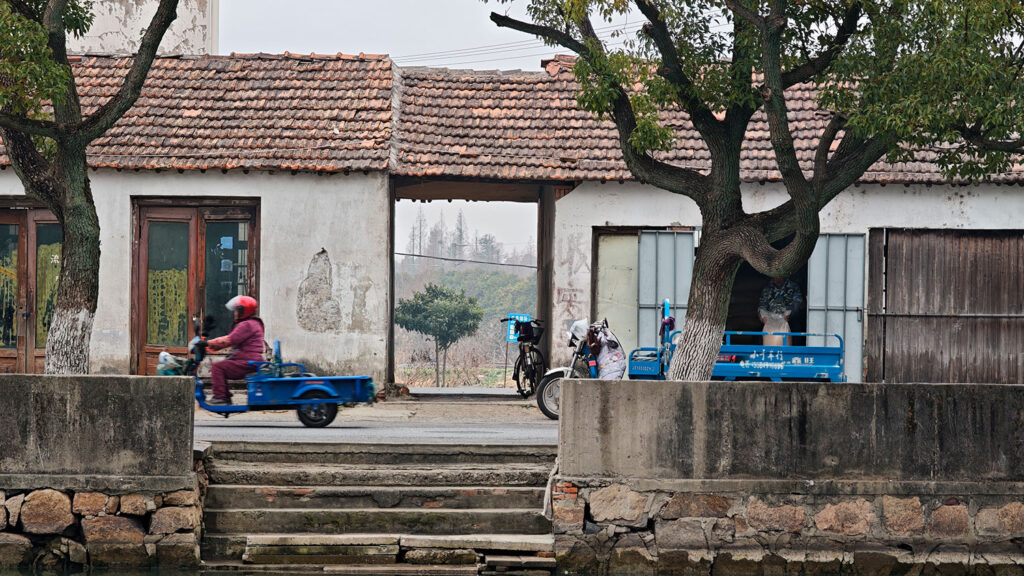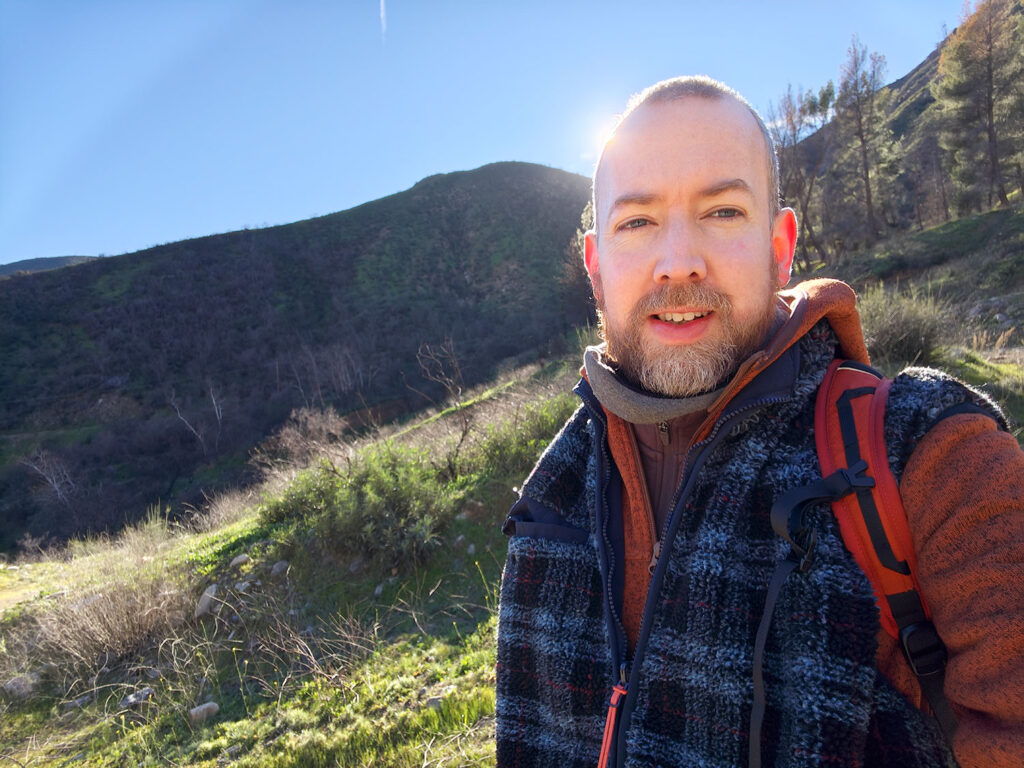My parents never forced us to believe, and if they ever told us stories from the bible I don’t remember it. But we did have to go to church. No devotion was demanded of our minds, it was just our bodies that had to be there.
We were all three baptized; my sister, brother and me — I still have my candle — and every few weeks we did have to endure an hour of lectures and incomprehensible Latin songs. We did not partake in communion; we sat while the rest of the church received their sacramental bread from the pastor.
And I say church because that’s how we used to call it. It was always about the place itself. Not Christianity, not religion, not mass. I saw church as a building, not a connection to a divine something. I didn’t understand that side, didn’t even ponder about it.
It was neither some connection to a municipal community. The church — our church — wasn’t in our hometown. We lived in the middle of the Netherlands, north enough to be in the protestant half — but we went to a church in my mom’s hometown in the south, where churches most belonged to the Roman Catholic church.
My mom’s huge family was closer to the church, more integrated into it. She would tell stories — such as about having to do confession: “But what to confess? I didn’t do anything wrong?”, she’d ask her sister, who gave her advice: “Just make something up, something small.” She’d confess and the pastor would tell her not to do it again, and that’d be it.
I think about that, while looking at a confession booth in the church here in Anhui, nine thousand kilometers from my mom’s hometown, and more than two decades away from my childhood. I’m drawn to churches, the buildings themselves rather than this being some religious pilgrimage.
We’re in Shuidong (水东镇), which means ‘East of the Waters’, and we’re going through some tiny alleys in search of a dome with a cross on top of it which I saw on Dianping. Some houses are made of rammed earth (夯土), and there’s a red slogan on the wall — something typical Chinese — but now it says “天主降福” (God’s blessing) with a cross in the middle. Opposite to the slogan is a small gate to the church that belongs to the dome we’re looking for. The gate is locked but I see a shushu in the distance, asking him if we can come in. “Why?”, he asks, and I reply that we just want to have a look, to which the answer is no.
We turn a corner and arrive at the main gate. There’s a statue of Joseph Seckinger, a French Jesuit who arrived in China in 1861 and helped spread the gospel of Christ in Anhui, starting here in Shuidong. At the main gate I try my luck again, saying I’m from France and came especially to see this church. My white lie has some effect, the lady mentions that the church was founded by a Frenchman and that she’ll ask her manager.
In my head I’m preparing some basic French sentences in the odd case I’m being tested, but her manager comes and she’s kind enough to let us have a look — sentences all in Mandarin. I hear the word ‘修女’ which I look up in Pleco, and although she does not wear a tunic, the word does have the meaning which I think it has: nun. Later in the evening, back at the hotel, I see her face — only younger — in photos from an article from 12 years ago.
My mom went to a school run by nuns, strict and serious nuns. It’s hard to believe this was all within one lifetime. I only know nuns from movies such as Sister Act and The Blues Brothers, and they also make an appearance in The Sound of Music. The Netherlands has secularised rapidly. We even call the process ‘de-churching’ (ontkerking). When I was young, hanging laundry to dry on Sunday was taboo — the neighbors would comment on it, as Sunday was meant to be a sabbath. Still today, the supermarkets don’t open on Sunday in our hometown, but religious dogma is much less.
The nun in lay clothes tells us we’re not allowed to venture into the area of the churchyard that functions as a retirement home, but we can enter the courtyard, which has marble plaques depicting the story of Jesus, along with exercise equipment for the seniors. In the middle stands a huge pillar with a prayer in Latin, English, French, and Chinese. There’s also a collection of rocks with flowers — typical for Chinese temples — but here Maria takes the place usually occupied by a Buddha or Guanyin statue.
We head to the main church, the Church of Our Lady of Divine Help (水东进教之佑圣母堂). The nun asks us to be silent, and there’s a sign asking visitors to turn off their mobile phones, showing a Nokia 5130 — launched in 2009. The interior is decorated like any Catholic church in Europe. The original church here was built in 1869 — at that time the largest one in Southern Anhui — but burned down (and the priest killed) only a few years later by an angry mob who hated Hubei immigrants, especially the Catholic ones. This church was rebuilt in 1880, and during the Cultural Revolution used as a granary, theater, and factory — to be restored and reopened in 1986.
We leave the church and I wave at the nun but she pays no attention, as she’s talking to one of the seniors further away, in an area she told us not to go to. In the dome outside the churchyard, a shushu has taken shelter and is selling goods. It is all beautifully maintained, I wonder funded by whom, and I wonder how many people go for mass here, or in ten year’s time. If it’s any like mass in other Chinese villages, the average age of churchgoers will be very high.
My mom’s mom would say: “Those non-believers, they will pray when times get tough.” But debates about religion are too often a yes-or-no, true-or-false, essential-or-worthless kind of debates into extremes. I think it’s a mistake to interpret religion literally, as well as to think it has no value. In Gilead, Marilynne Robinson writes that “Nothing true can be said about God from a posture of defense”.
Religion is in the first place not about culture, but the process of wondering about the mystery of existence of which we are all part. For me, churches actually do that, connecting my past and present. It’s not just churches. My parents took us for walks in the forest which was always a chore, yet now I do it out of free will. And the songs my parents used to play now make me feel homesick, living abroad. Perhaps going back to your roots is part of growing up. Even if it’s a church in Anhui.

